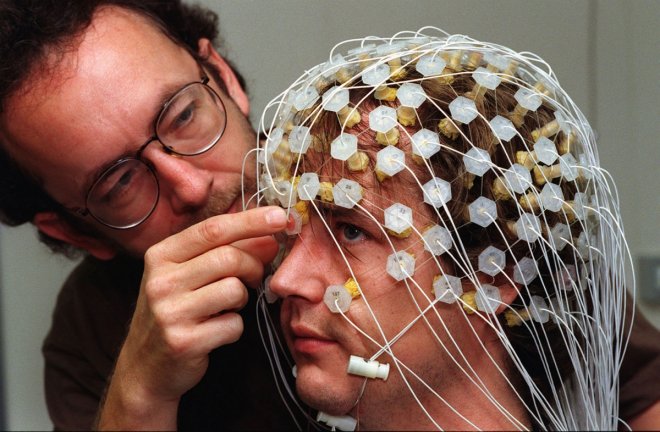
You might have a tendency to treat 'depression' as a mental problem, but do you know that if you are a sensitive person and have prosocial behaviour then you might have a chance to become a depression patient? Yes, you heard it right.
A new study by the researchers from Rutgers University in New Jersey showed that people who are more sensitive to others and have an intention to help others are usually displaying symptoms of depression than those who are not.
There are many talented, attractive and wealthy people who have fought against depression. The pop star Lady Gaga, the American actor Dwayne Johnson, Owen Wilson, who attempted suicide in 2007, the actor from ABC hit show 'Scandal' Kerry Washington, the creator of 'Harry Potter' world J. K. Rowling, the Indian actress who spoke about her tough days, Deepika Padukone and the Oscar-winning actor Heath Ledger from Batman series are among those survivors.
Although there are many options available on the internet to judge if someone is depressed or not, even the level of their depression, the New Jersey University researchers separately did an experiment on 350 individuals to understand their brain function.
They proceeded a personality test on them to know whether they were more "prosocial" or "individualist." Then they ran a survey on each participant to determine their depression level.
According to Newsweek, in this experiment, while monitoring each participant's brain, researchers asked them to play a game in which all those individuals were supposed to allocate money. As a result, the experimenter came people with prosocial by nature rejected unfair deals and picked fair ones.
After the experiment when researchers did the survey on the participants, they saw that individuals from the prosocial group have displayed greater signs of depression. Later in that study, which was published in Nature Human Behavior in October 2017, the authors said that they differentiated all the participants by separating age, gender and social status.









